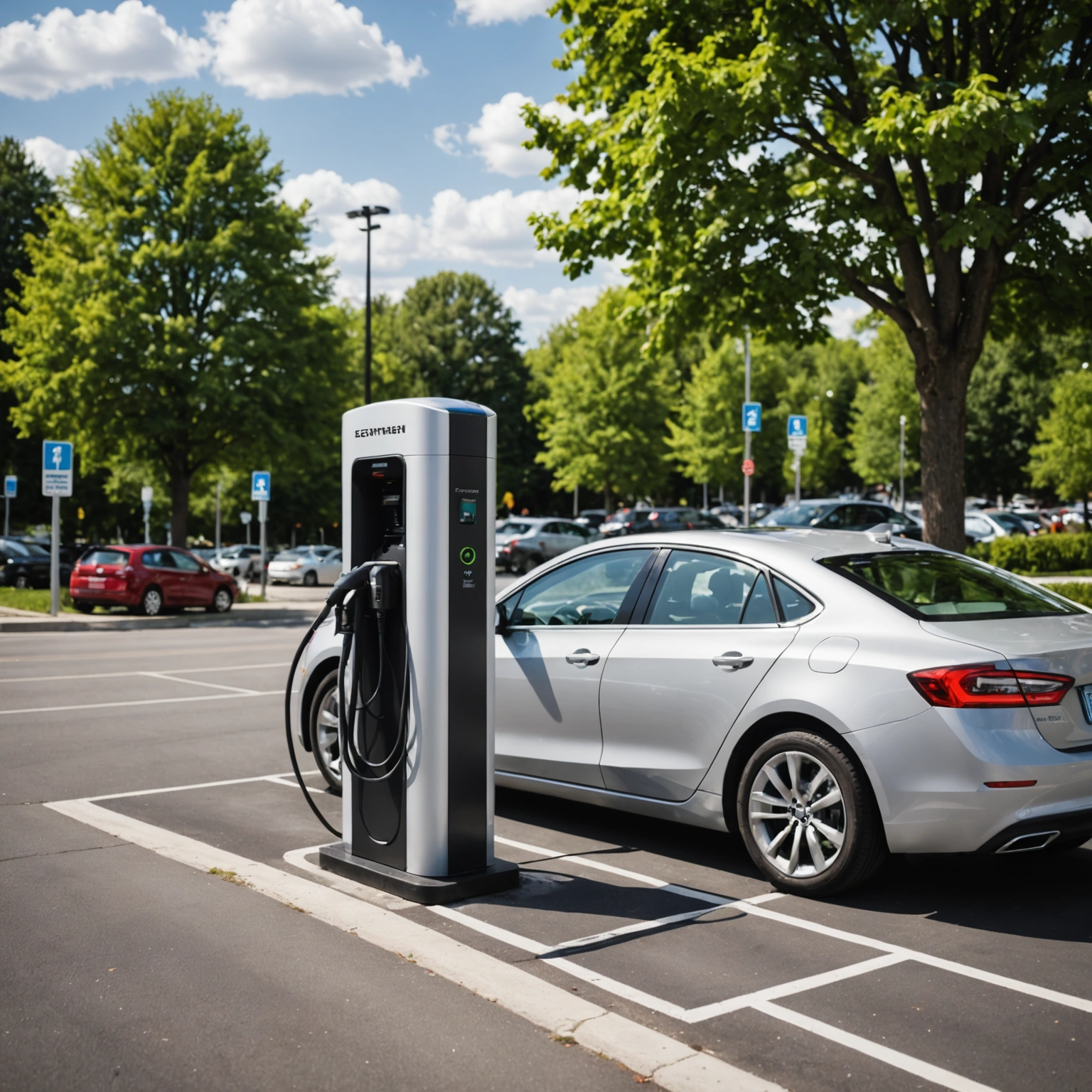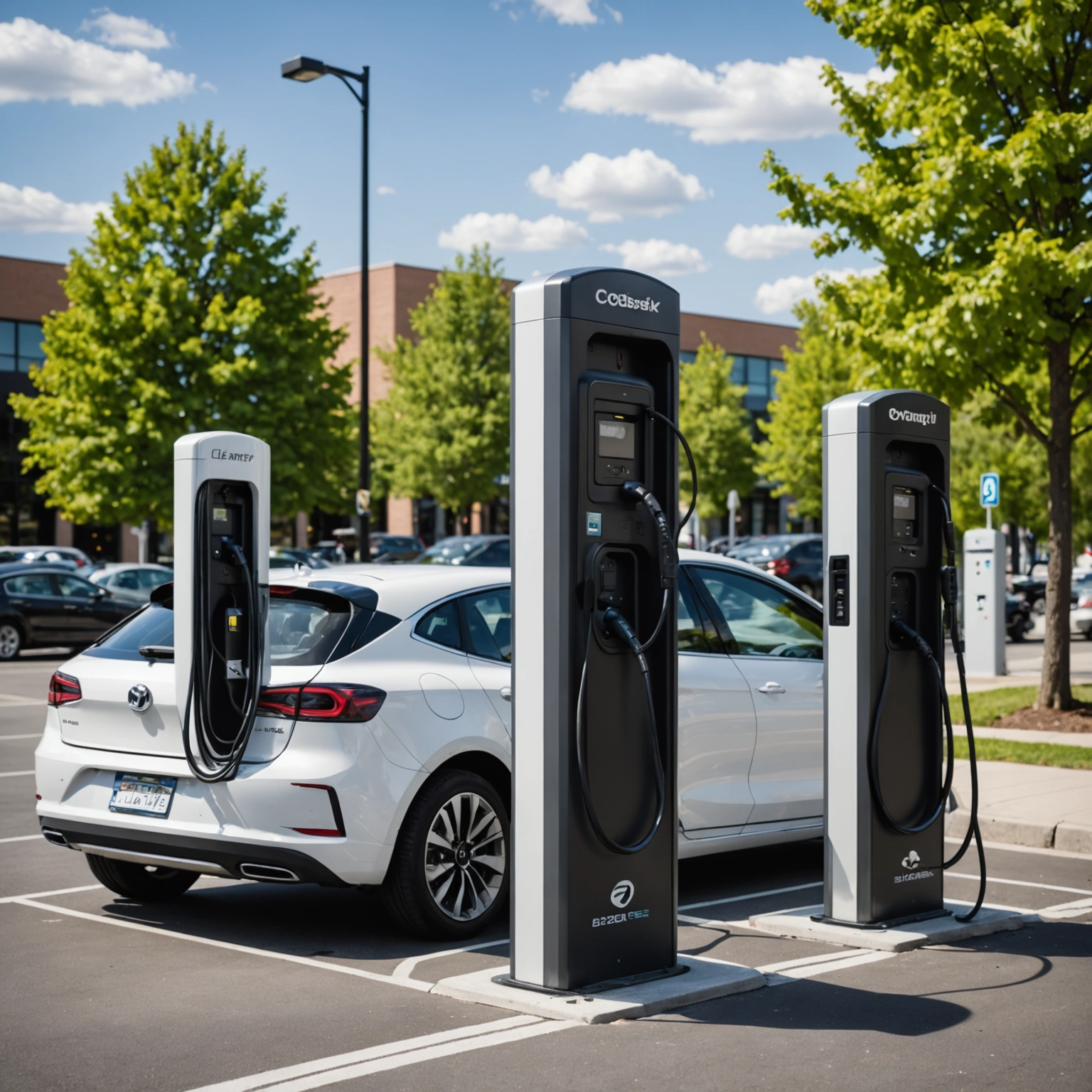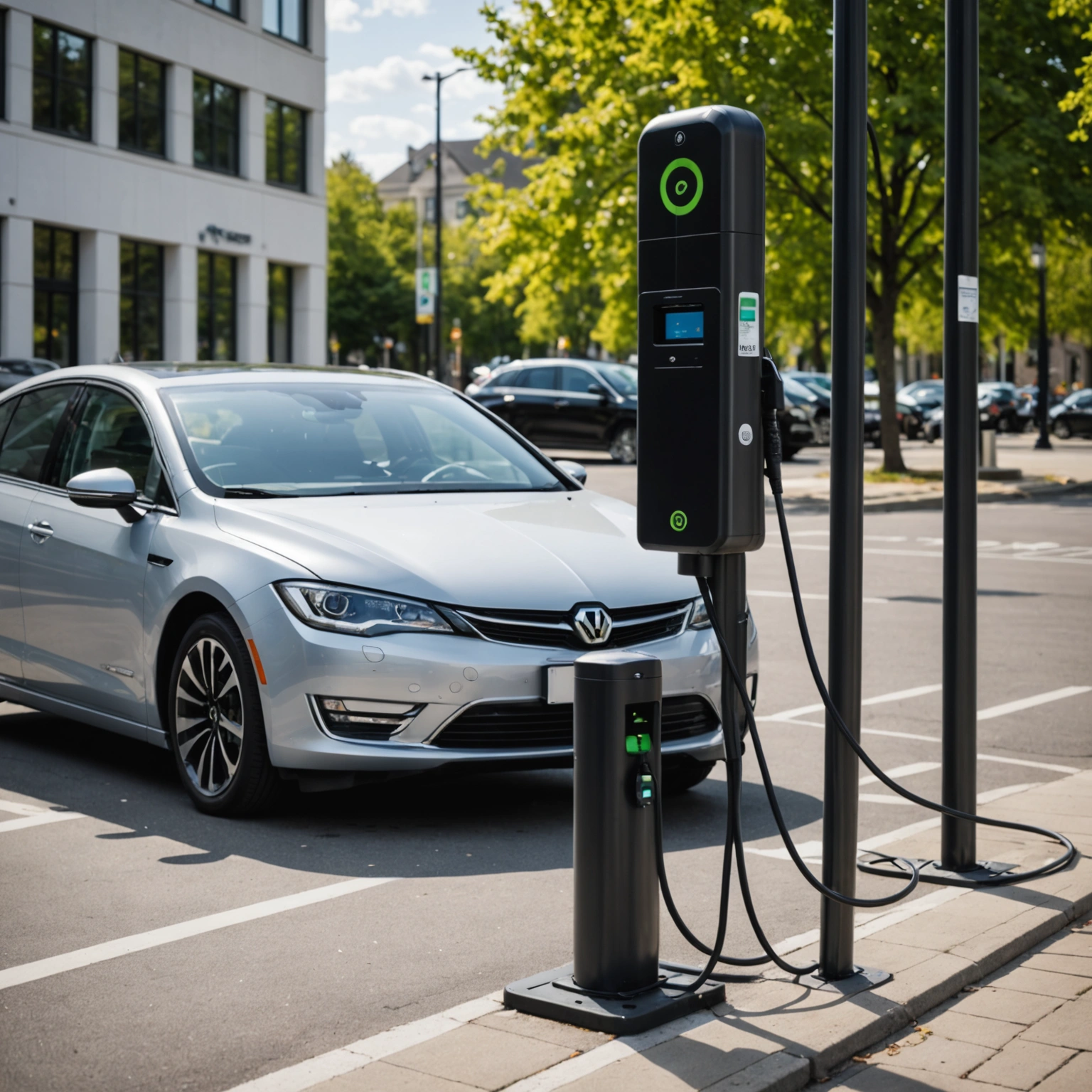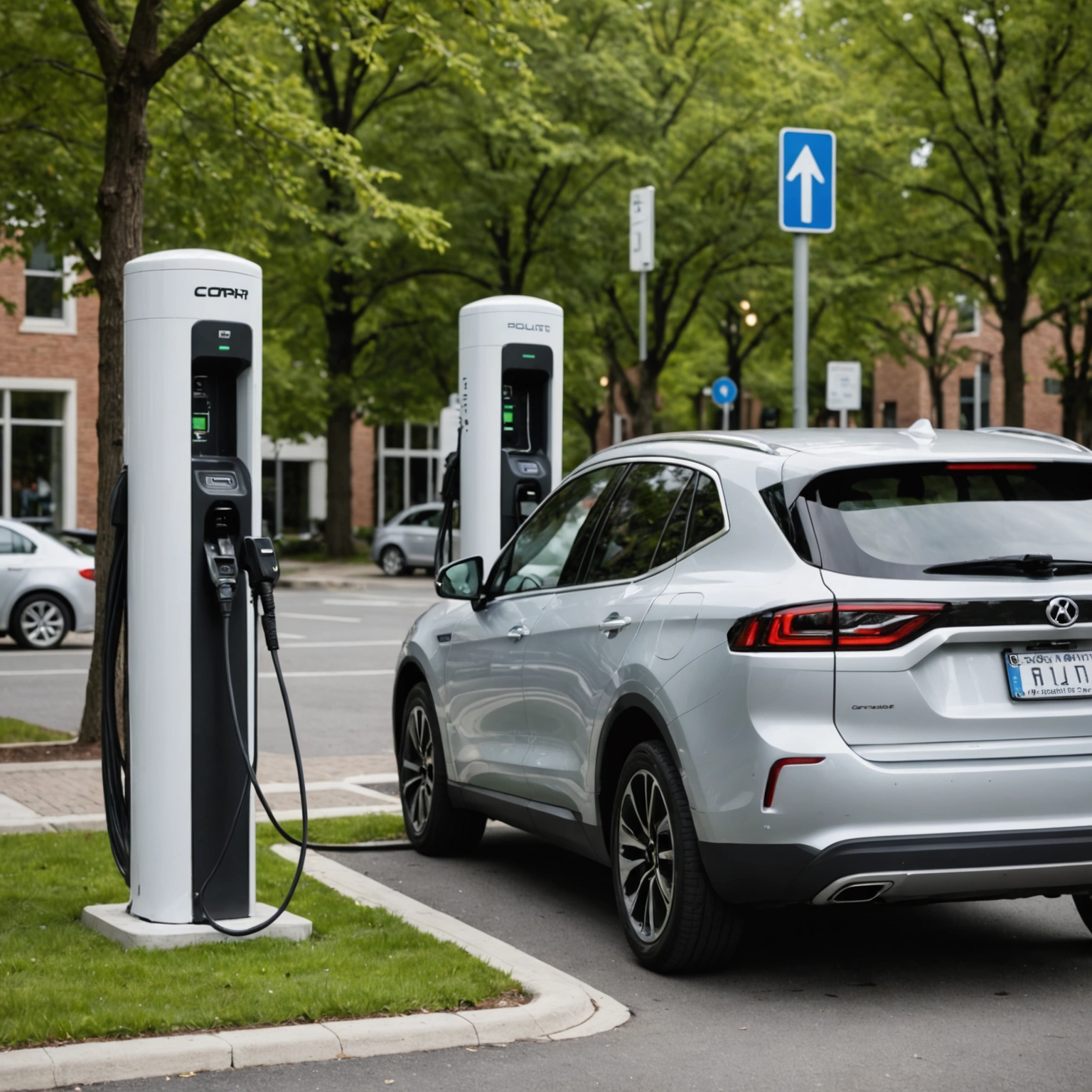**Are Car Charging Stations Free? A Complete Guide**
As the popularity of electric vehicles (EVs) continues to grow, so does the infrastructure supporting them—particularly, charging stations. One common question among EV owners and prospective buyers is: *Are car charging stations free?* The answer varies depending on several factors, including the type of charging station, location, and the provider. Let’s explore the details to help you navigate the world of EV charging.

### Types of EV Charging Stations
Before diving into costs, it’s important to understand the different types of charging stations:

1. **Level 1 Chargers:** Standard household outlets (120V), usually included with the vehicle.
2. **Level 2 Chargers:** Public or private stations operating at 240V, faster than Level 1.

3. **DC Fast Chargers:** High-speed chargers capable of rapidly charging an EV, often found along highways.
### Are Charging Stations Free?

The answer depends largely on the charging station type and provider. Here’s a breakdown:
#### 1. **Free Charging Stations**
Some charging stations are indeed free to use. These are often found in specific locations such as:
– **Public parking lots** operated by municipalities or certain businesses.
– **Shopping centers or malls** offering free charging to attract customers.
– **Workplaces** providing complimentary charging for employees.
– **Event venues** or promotional sites.
**Advantages:**
– No cost to the user.
– Convenient for short-term charging needs.
**Limitations:**
– Availability may be limited.
– Sometimes, free stations are slower (Level 2) chargers, which are suitable for topping up rather than quick charging.
#### 2. **Paid Charging Stations**
Most public charging stations charge users for electricity. Costs can vary widely based on:
– **Provider:** Companies like Electrify America, ChargePoint, EVgo, and Tesla have different pricing models.
– **Location:** Urban or highway stations tend to be more expensive.
– **Charging Speed:** Fast chargers generally cost more.
– **Membership vs. Pay-per-use:** Some networks require memberships with monthly fees; others charge per session or per kWh.
**Typical Costs:**
– **Per kWh:** Ranges from $0.10 to $0.50 or more.
– **Per minute:** Some stations charge based on charging time, especially for fast chargers.
– **Session fees:** A flat fee regardless of energy delivered.
### Factors Influencing Charging Costs
– **Location:** Urban areas and highway stations generally have higher prices.
– **Network provider policies:** Some offer flat-rate pricing, while others vary.
– **Membership plans:** Subscribers may get discounted rates.
– **Incentives and subsidies:** Certain regions provide rebates or incentives that reduce costs.
### Tips for Saving on Charging Costs
– **Use free charging stations when available.**
– **Sign up for membership programs** to access discounted rates.
– **Utilize apps and websites** to locate free or low-cost charging stations.
– **Plan your routes** to include free or cheaper charging options.
### Final Thoughts
While some EV charging stations are free, the majority, especially fast chargers along highways, typically charge users to recover operating costs. Always check the station’s details beforehand—many providers offer mobile apps or online maps showing pricing information. Planning your charging strategy can help you save money and ensure your EV is ready for your next adventure.
**Happy driving and charging!**

